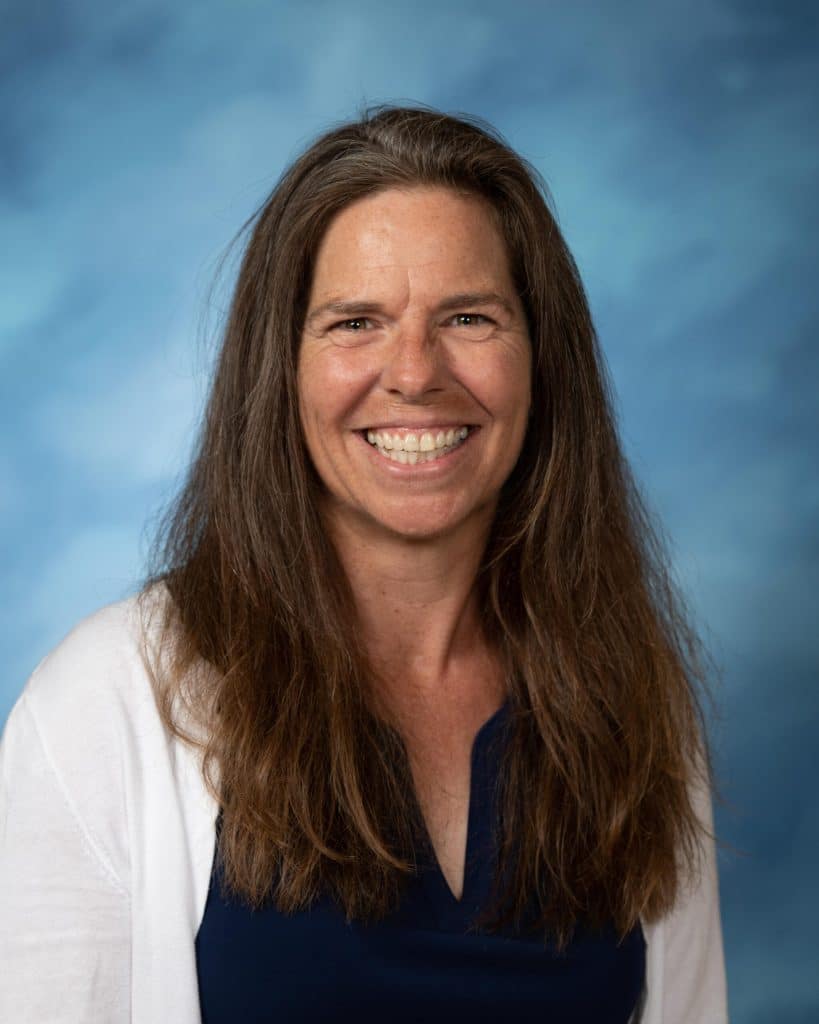Biology Education
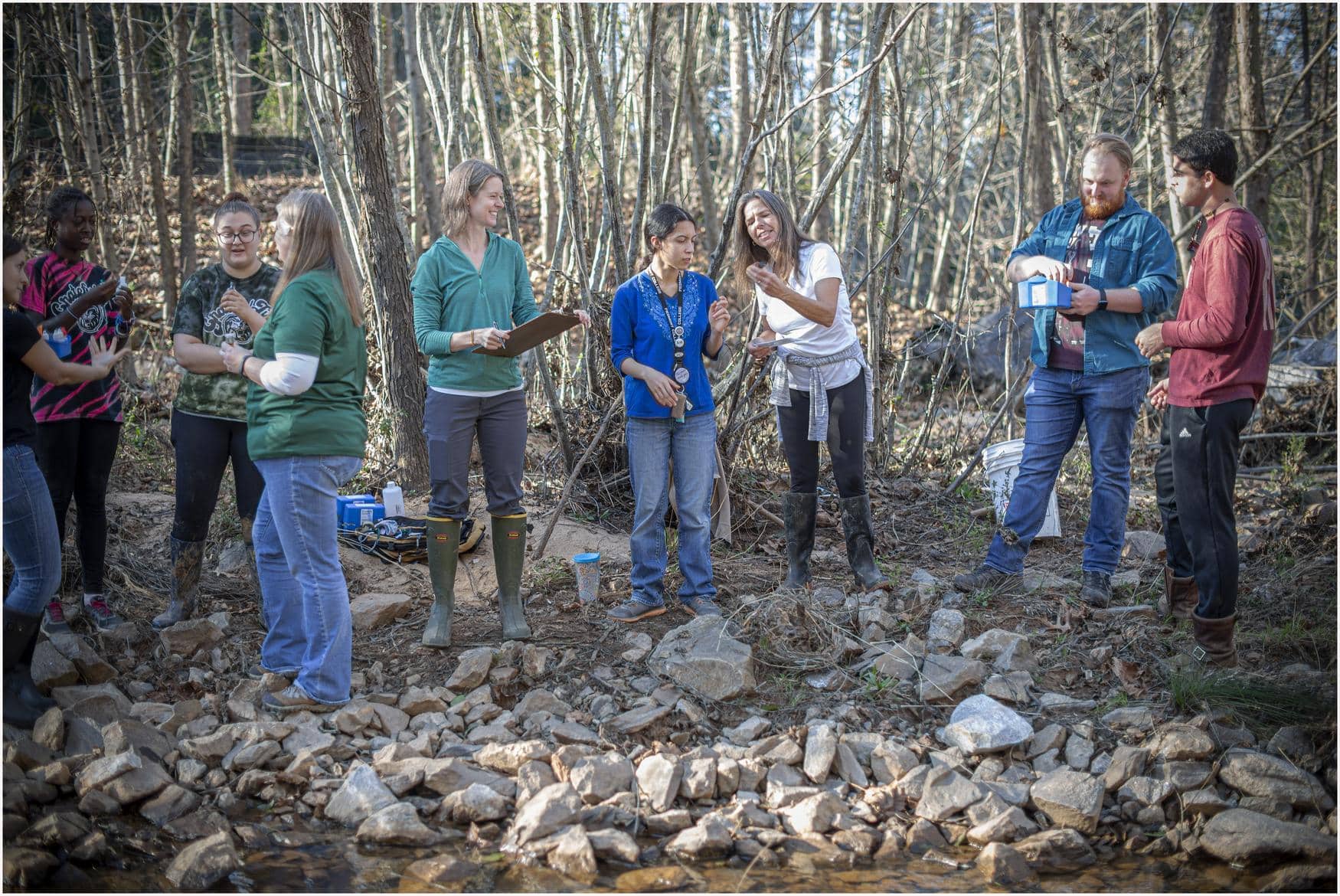
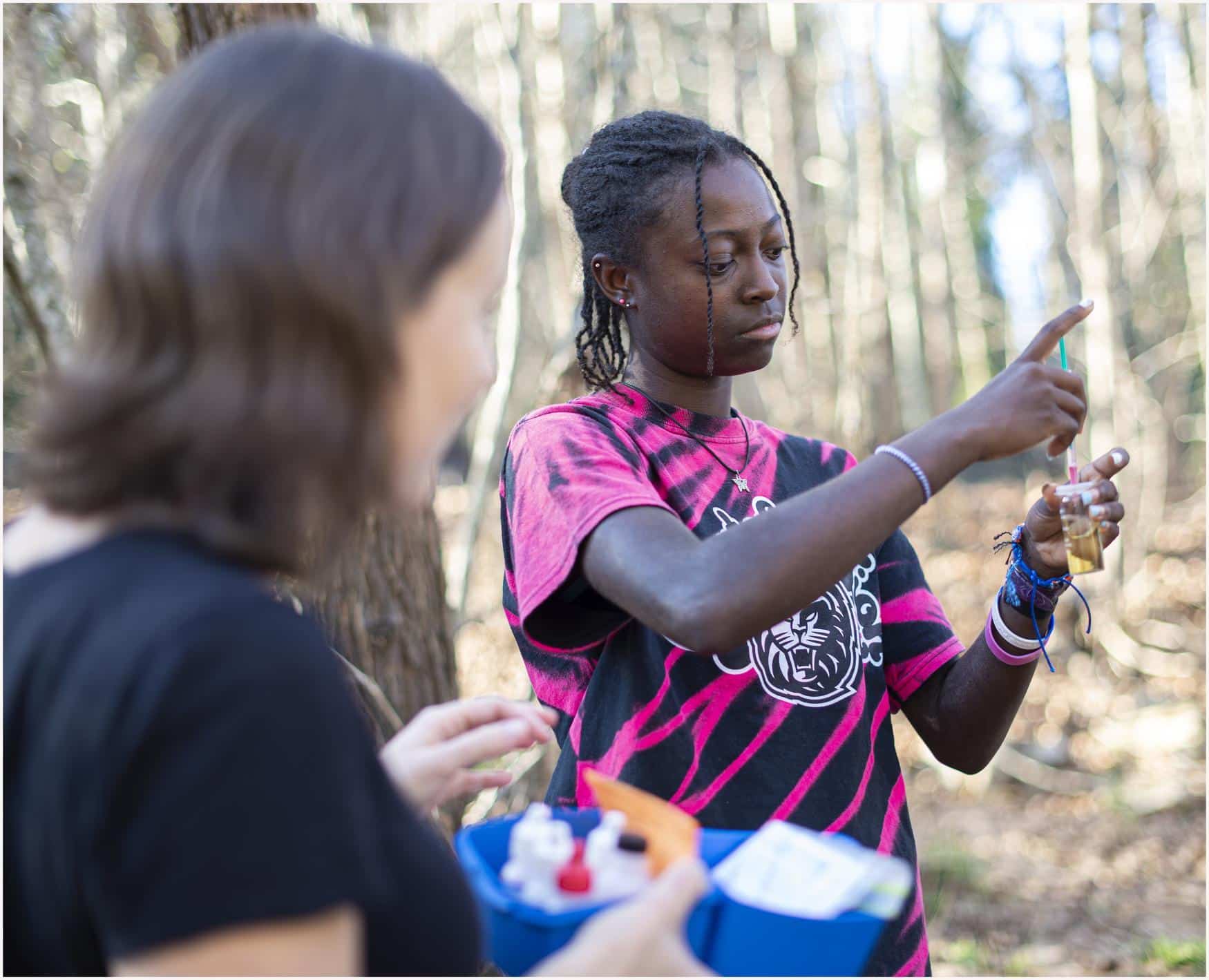
Why Pursue Biology Education?
A degree in biology education is meaningful because it empowers individuals to inspire future generations with a deep understanding of life sciences and the natural world. It also plays a vital role in promoting scientific literacy, critical thinking, and environmental awareness in students. The Bachelor of Arts in Biology Education is a secondary education program addressing the continuing shortage of highly qualified teachers in Georgia.
Advisors are selected for both their teaching skill and experience in high school classrooms, and model techniques proved to work in high school settings when teaching their college content courses.
Designed to produce teachers who have more hands-on experience, the program enables candidates to observe and assist with teaching in 6-12 grade classrooms. Candidates also experience the impact that diversity has on schooling and consider the implications on teaching and learning.
Candidates study and reflect upon the knowledge, skills, and dispositions (habits of mind) required for successful teachers both in their college classes and during fieldwork. Requiring a content major in the field of study, this program culminates in a full year Apprentice Teaching experience in area schools.
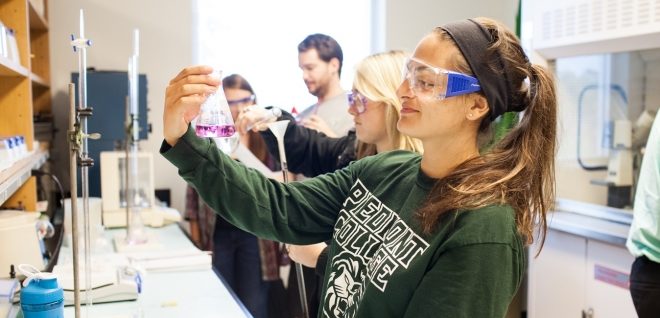
How a Piedmont Biology Education Degree Helps You
A degree in Biology Education prepares individuals to teach biology at the 6–12 level, develop science curricula, or work in educational outreach roles in museums, nonprofits, and environmental organizations. It also builds strong communication and scientific skills that can lead to careers in science communication, training, or further graduate studies in education or the life sciences. Pursuing a degree in Biology Education at Piedmont will allow you to:
- Graduate with a degree that is in high demand across the state of Georgia.
- Learn how to challenge and enrich young adult minds – both through classroom education and real-world training.
- Learn the impact that diversity has on schooling and consider the implications on teaching and learning.
- Spend a year honing your craft with an apprentice teaching position.
More About Biology Education
Learn more about Biology Education and the variety of options available to you as a Piedmont student.
Piedmont University students will balance their time between education coursework and curriculum dedicated to biology. It is part of a dedicated concentration of study that is designed to provide candidates with the requisite knowledge of the subject but also an understanding of the young adult students they will go on to teach. As a result, Piedmont biology education students will spend time at our College of Education and School of Arts & Sciences. They will also undergo a full year of apprentice teaching with a school system.
Piedmont University education advisors are selected for both their teaching skill and experience in high school classrooms. They are important to our students’ success because they model techniques proven to work in high school settings when teaching their college content courses. That’s why our curriculum produce teachers who have more hands-on experience; the program enables candidates to observe and assist with teaching in 6-12th grade classrooms. Candidates also study and reflect upon the knowledge, skills, and dispositions (habits of mind) required for successful teachers both in their college classes and during fieldwork.
School systems across the state of Georgia – both public and independent – are constantly in search of science teachers. And science is a key component of modern education. That means there are several opportunities available for qualified biology educators, and Piedmont graduates find themselves in a marketable situation.
Related Programs
Intrigued by Biology Education? You might also be interested in one of these programs:
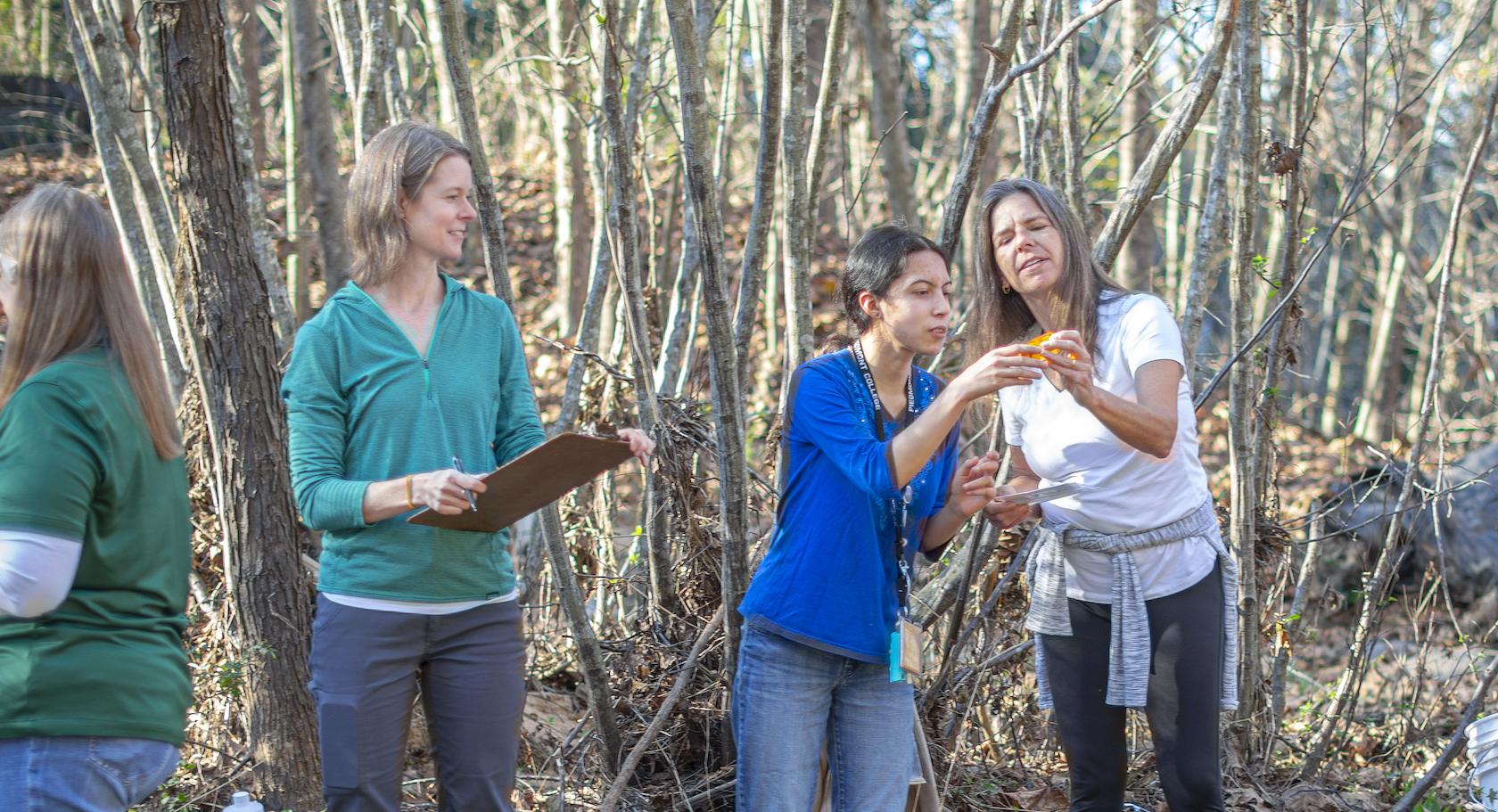

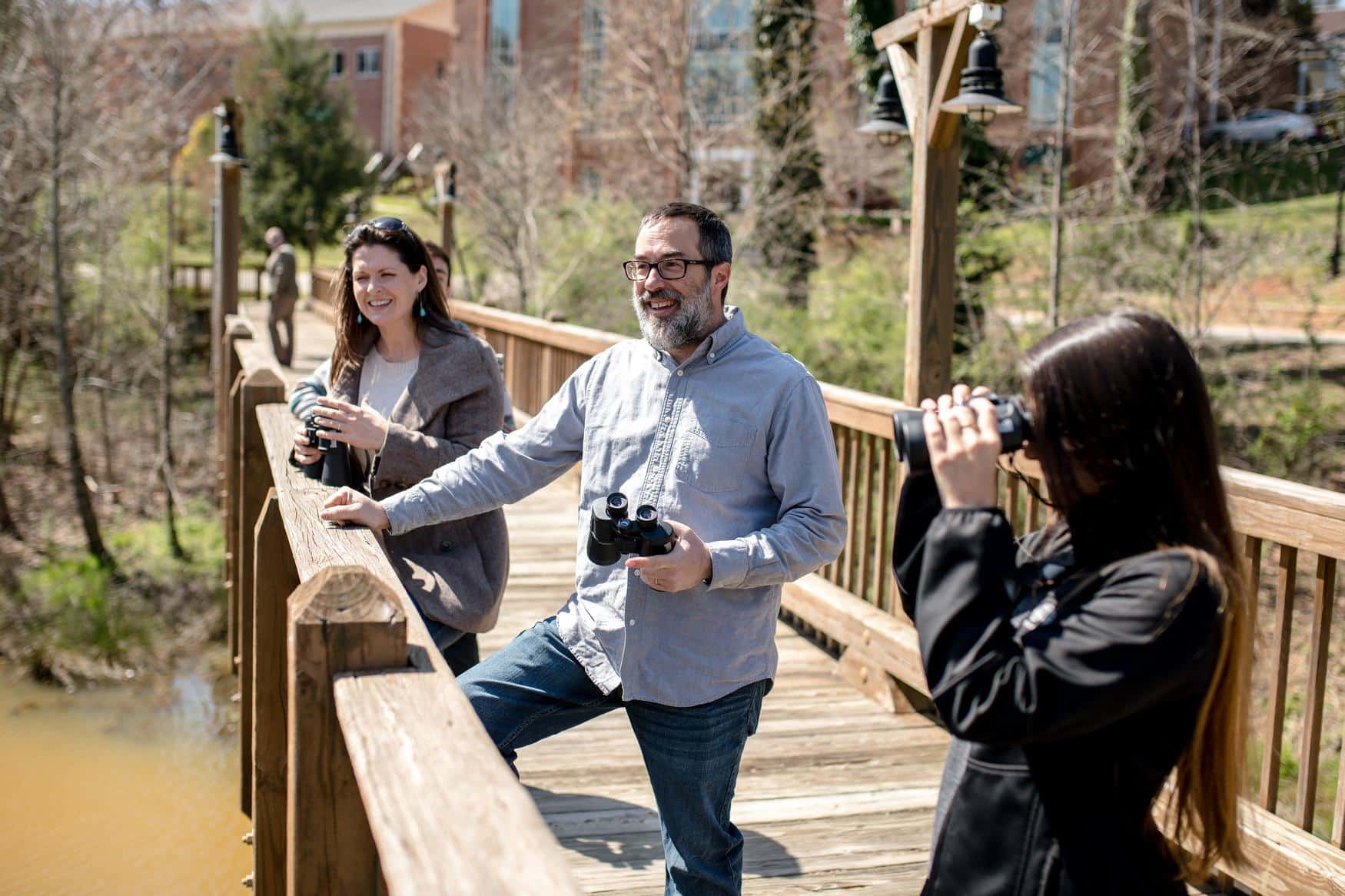
Where do I start?
To begin your journey toward becoming an Biology Education student at Piedmont University, you can start by applying today! Or, schedule a campus visit and meet with admissions and financial aid advisors, as well as faculty members in health sciences.


